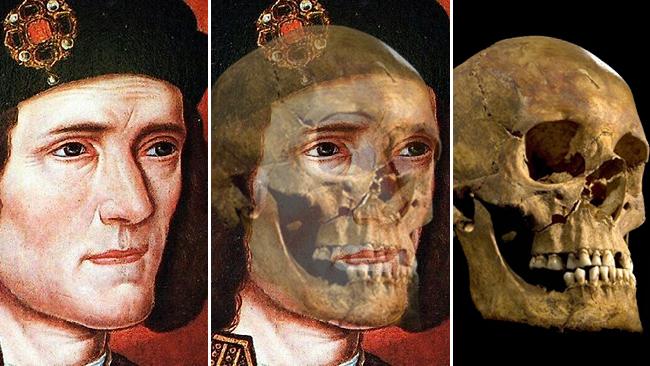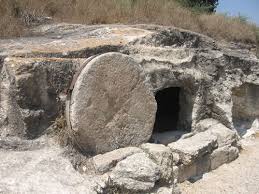The bones of Jesus
Have you been following the story of the recent discovery of King Richard III’s remains? It is a remarkable tale of dogged archeological perseverance, detective work, and forensic science. King Richard’s remains have been discovered under a car park in the city of Leicester in the UK.

Archeologists from Leicester University had been on the hunt for the remains that for centuries had been lost. Richard III was killed in battle in a field near the city of Leicester in 1485. He was hurriedly buried in a grave of a church that was destroyed during the reformation in the 16
th century. Archeologists had to locate both the place of the church and the possible burial site. Then they had to trace Richard’s descendents to any living ancestors in order to verify the remains through DNA testing. In another twist in the tale the DNA strand that would confirm the King’s identity is only passed through the maternal blood line. The present day relatives are all males and so that maternal blood line is about to end. Nevertheless DNA testing has demonstrated that the remains unearthed in the car park are in fact those of King Richard III. Further analysis of the skeletal remains has also shown what a grisly and violent death he suffered.
I think this is also fascinating from a theological point of view. Clearly this is not the person himself. It is simply what remains. But how do we compare this to the death and resurrection of Jesus? Is there a place somewhere that Jesus’ remains could be found? Well that would take some extraordinary detective and archeological and forensic work! But is it even conceivable? After Jesus’ life were there any bones left behind? This is a topic that raises strong feelings in people. For some the resurrection of Jesus is a physical rebirth. For many Christians Jesus rose with bones and organs and, I guess, still breathing the air we breathe. So the question is how did he then get to heaven? The answer would be he ascended in bodily form. There a number of obvious reasons why many other Christians are more sceptical about this. Besides, the bible is far from clear. The narratives distinguish Jesus’ resurrection from the acts of resuscitation attributed to Jesus in his ministry. The gospel writers are saying the risen Christ is not simply the same as before. He is not recognised by people, he can appear and disappear. The encounters with the risen Christ have an internal and spiritual dimension as much as an external and physical aspect to them.

I think this gives extra credibility to the truth of the resurrection. If someone would have invented the story it would have been much simpler. But the mystery and ambiguity underlying the attempts to describe the resurrection point to a real historical root to these experiences. They also suggest that Jesus’ resurrection was experienced by many people and therefore in diverse and personal ways. Moreover there is a sense that the experiences happened for a while and then ended. Paul says his was the last.
That is why I am not worried about archeologists one day discovering the bones of Jesus, highly unlikely as that is! For me, Jesus is alive today! He was never contained in any tomb. Death could not hold him! He lives in each of us and amongst our families and communities. His peace and joy and love continue to transform us from within and to empower us to continue what he set out to do: to make heaven on earth through living God’s rule of love.